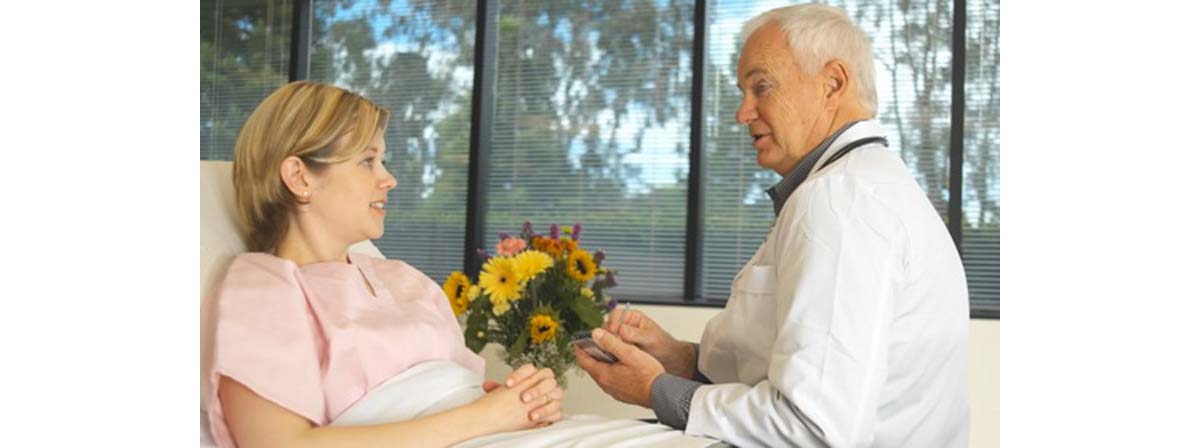Table of Contents
"First do no harm" has been the doctor's motto for two thousand years, and there is no evidence that patients in the United States are systematically deprived of essential medical care on the basis of their weight. A fascinating study conducted by researchers affiliated with the medical school at Johns Hopkins University, however, found that doctors are nicer to patients who are thin or of average weight than to overweight and obese patients.

The Johns Hopkins researchers obtained permission to record conversations between 39 primary care physicians and 208 patients who were suffering from high blood pressure. Among the 200 patients, 28 were thin or of a normal weight (having a body mass index of 25 or less), 60 were overweight (having a body mass index between 25 and 30), and 130 were classified as obese (having a body mass index over 30).
The researchers did not detect any differences in the medical treatment the patients were offered. Doctors spent the same amount of time with overweight and normal weight patients, and discussed the same kinds of concerns.
In a conversation with a normal-weight patient who had had surgery on her leg, for instance, the doctor commented "You've still got great legs" when the patient lamented that her surgical scar was still visible and she had to wear ugly shoes. "Clunky shoes are still in," like Crox. "Get something...for spring. That always makes you feel good."
When another normal-weight patient commented that she wasn't having as many hot flashes as in the recent past, the doctor commented, "I am glad you are feeling better now." When a patient expressed frustration over difficulty getting an appointment with a specialist, the doctor answered, "I agree with you. (It's) extremely frustrating when that happens."
The Johns Hopkins researchers used a standardized psychological measurement instrument called the Roter Interaction Analysis System to confirm their impressions that doctors built stronger emotional bonds with thinner patients. There were no incidents of overt unprofessionalism, no insulting or snide remarks, no in-your-face comments on patient obesity, although this may reflect the fact that both the doctors and the patients knew that their conversations were being taped.
And the scientists did find that patients in general received emotional encouragement from their doctors, although overweight or obese patients receive approximately 35% fewer indications of emotional encouragement from their medical care providers. The Johns Hopkins research team did not find, however, that overweight or obese patients received less medical information from their doctors.
- Bleich SN, Bennett WL, Gudzune KA, Cooper LA. .Impact of physician BMI on obesity care and beliefs. Obesity (Silver Spring). 2012 May. 20(5):999-1005. doi: 10.1038/oby.2011.402. Epub 2012 Jan 19.
- Gudzune KA, Beach MC, Roter DL, Cooper LA.Physicians build less rapport with obese patients Obesity (Silver Spring). 2013 Mar 20. doi: 10.1002/oby.20384. [Epub ahead of print]
- Photo courtesy of juliadon by Photobucket : media.photobucket.com/user/juliadon/media/doc_patient.jpg.html?filters[term]=patient%20doctor&filters[primary]=images&filters[secondary]=videos&sort=1&o=11
- Photo courtesy of International Institute of Tropical Agriculture by Flickr : www.flickr.com/photos/iita-media-library/8208361048/


Your thoughts on this